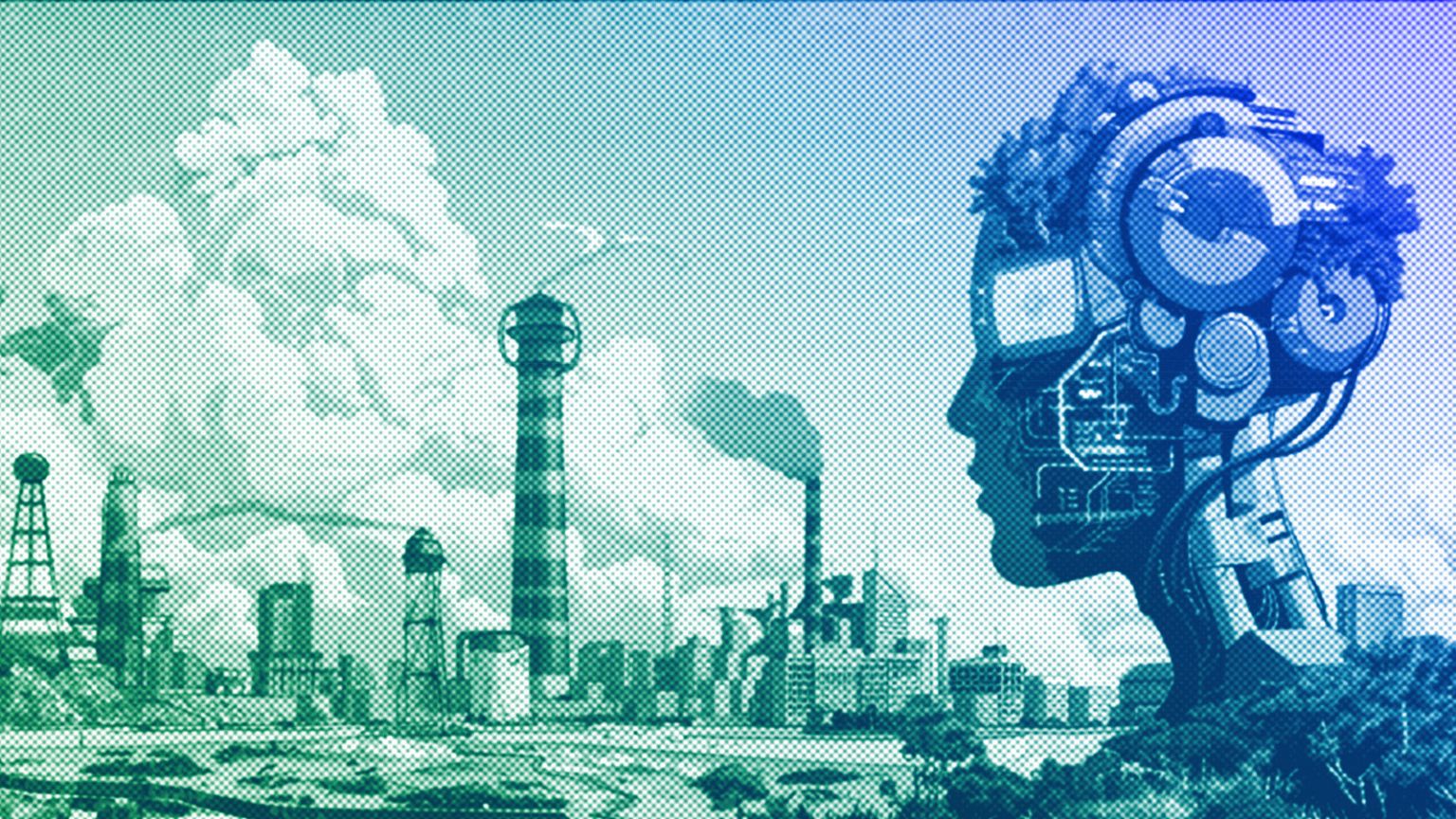In recent years, artificial intelligence (AI) has transitioned from an abstract concept to a vital component of everyday life. From virtual assistants like Siri and Alexa to sophisticated algorithms that analyze big data, AI is reshaping how we work, communicate, and even think. However, as technology evolves, the debate continues—are we witnessing the rise of a genius tool that enhances human capabilities, or are we facing the emergence of a threat that could undermine our very existence?
On one hand, the genius of AI is evident in its ability to process vast amounts of data, recognize patterns, and learn without explicit programming. This transformative technology has proven instrumental across various sectors. In healthcare, for instance, AI-powered systems can analyze medical images faster and often more accurately than human radiologists, leading to timely interventions and improved patient outcomes. In finance, algorithms predict market trends, enabling more informed investment strategies. Moreover, AI is driving innovations in transportation, with self-driving cars poised to revolutionize travel.
The potential for AI to enhance productivity is another significant advantage. By automating routine tasks, AI allows employees to focus on more complex and creative aspects of their jobs. For businesses, this means increased efficiency and reduced operational costs. The ability to harness insights from user data also allows for tailored marketing strategies and enhanced customer experiences. From optimizing supply chains to improving product designs, the genius of AI can be harnessed to facilitate growth and innovation.
Despite these advancements, there are growing concerns about the darker implications of AI. The question of whether we are creating a tool or an adversary is becoming more pressing. One acute risk is the potential for job displacement. While AI can create new roles, many fear that the pace of automation could outstrip job creation, leading to widespread unemployment and socio-economic disparities. This has ignited conversations about the necessity for retraining programs and a reevaluation of our education systems to prepare the workforce of the future.
Privacy is another critical concern. AI systems often rely on vast amounts of personal data to function effectively, raising questions about surveillance and data security. High-profile data breaches have highlighted how vulnerable personal information can be, sparking fear about a future where individual privacy is compromised for the sake of technological advancement.
Moreover, the ethical implications of AI are profound. Algorithms, if not managed carefully, can perpetuate existing biases and inequalities. From facial recognition technology that struggles to accurately identify individuals of different ethnic backgrounds to lending algorithms that may disadvantage marginalized communities, the risk of embedding bias into AI systems could lead to catastrophic societal ramifications. There is a pressing need for frameworks to ensure that AI is developed and implemented ethically, with checks and balances in place.
As we stand at the crossroads of AI development, the challenge lies not in whether AI will evolve, but in how we, as a society, choose to manage its impacts. Embracing AI’s genius while acknowledging its potential threats requires collaboration among technologists, policymakers, and ethicists. By prioritizing responsible innovation and applying rigorous ethical standards, we can harness AI’s potential to enhance our world while safeguarding against its risks. The future of AI is not predetermined; it is ours to shape.











